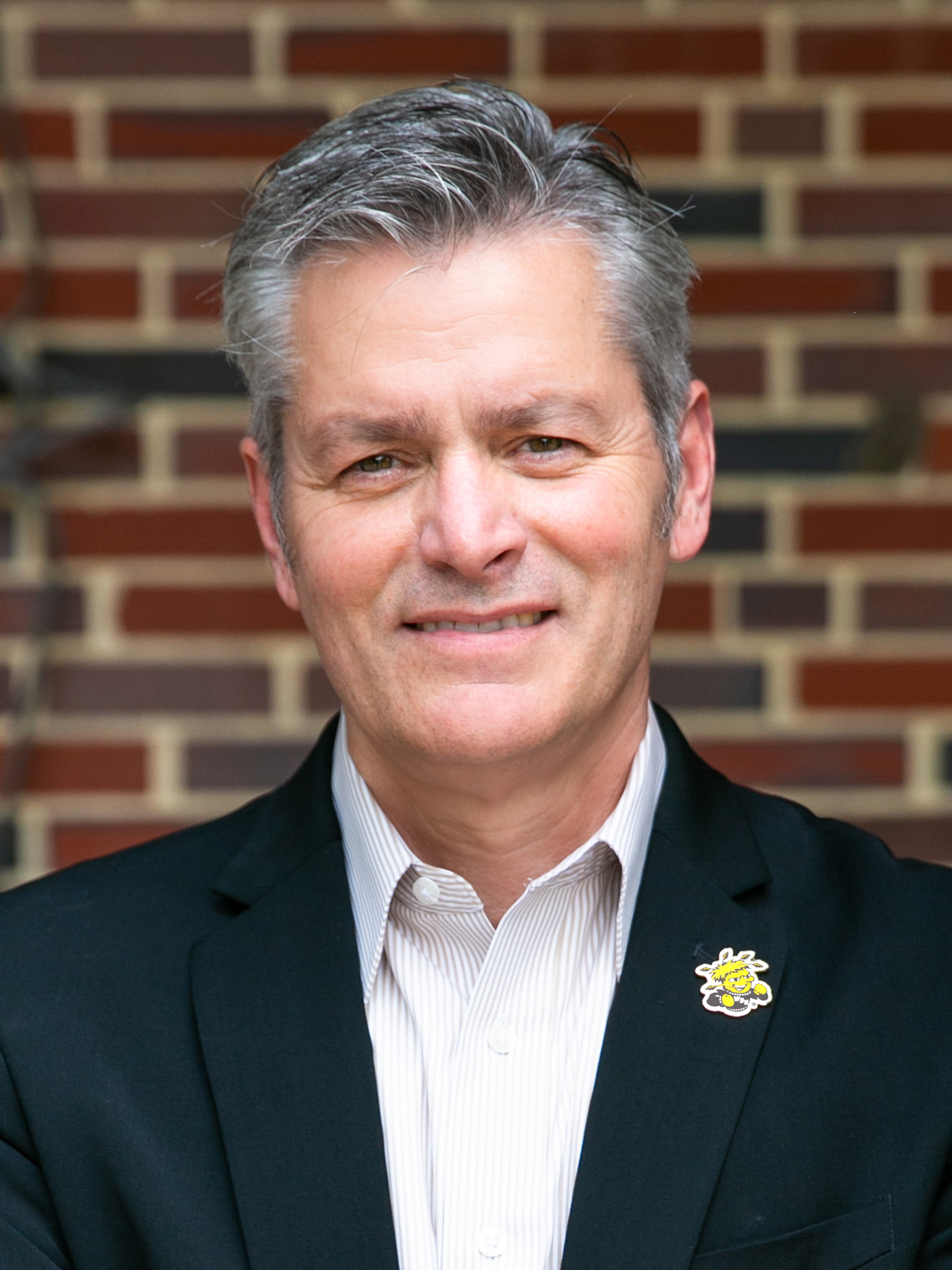
Stop the stigma: WSU builds supportive mental health community

Dr. Rick Muma, president
The culture of silence around mental health, substance use and suicide is slowly fading as more and more people begin to share their personal journeys of pain, loss, recovery and hope. While one life lost to suicide is one too many, the vast majority of the more than 12 million Americans who experienced serious suicidal thoughts last year found a way to overcome that crisis.
In 2022, Kansas Gov. Laura Kelly designated September as Suicide Prevention Month as part of the larger National Alliance on Mental Illness campaign — Together for Mental Health — and this year Wichita State was represented at the proclamation.
Suicide Prevention Month is not just a time for awareness. It is a call to action. It is an opportunity for us to come together as a community and confront this public health crisis head-on by checking in on one another and by asking for help before it’s too late. Every life lost to overdose or suicide leaves an aftermath of trauma, shame and intense pain — something that experts say will be experienced by over 60% of people.
Dr. Jessica Provines, WSU’s assistant vice president for wellness and chief psychologist, knows that pain too well. She was motivated to become a psychologist after transferring to WSU during her sophomore year and finding herself disconnected, isolated and depressed. Later in her career as a therapist at the student counseling center, she lost three students who had come to her for help to suicide.
“At first, I buried my grief, overwhelmed by blame and shame. However, I understand how important it is. I talk about it now — not only to let others know they are not alone and encourage people to get help, but to allow myself to heal,” Provines said.
Motivated by that pain, Provines and her team at the Student Wellness Center helped create the Suspenders4Hope program, an initiative that is picking up momentum at Wichita State and throughout the community as a strategic, comprehensive approach to help organizations enhance their mental wellness culture.
Suspenders4Hope was developed in 2015 with the help of a campus suicide prevention grant and picked up steam during and after the COVID-19 pandemic, when many in our campus community were grappling with feelings of anxiety, isolation and overall mental health challenges. It’s since grown into a resource that’s used nationwide to help schools, health care, businesses, churches and nonprofits reduce stigma around mental health and substance use and improve peer support.
As a university president, I am acutely aware of the profound effect that mental health challenges can have on our campus. The pressure and stress of academic life can take a toll, and we work to create an environment where Shockers feel supported and empowered to seek help when needed. All our students, faculty and staff have access to counseling services; and as a campus community, we make every effort to connect with one another on a personal level and point each other toward resources when we suspect someone is struggling.
Wichita State offers other resources for the community to find mental health counseling, including the WISE Clinic and the WSU Psychology Clinic. These clinics, which are training the future workforce of mental health care professionals to address the shortage in our region, offer individual, family and group counseling sessions; and they stand as excellent resources for those in need of compassionate and professional mental health support.
As a health care professional, I want to encourage you to be aware of signs of someone (or yourself) who might need to seek help — including excessive worrying to angst, avoiding friends and family, changes in eating and sleeping habits, difficulty concentrating, irritability or anger, and misuse of alcohol or drugs. If you or someone else is in the midst of a mental health crisis, call the Suicide and Crisis Lifeline at 988 to get help.
It’s my hope that together we can normalize mental health treatment, prevent deaths by overdose and suicide, and support one another to create a more compassionate, empathetic and resilient Shocker Nation.
Go Shockers!
Sincerely,
Dr. Rick Muma
President of Wichita State University

